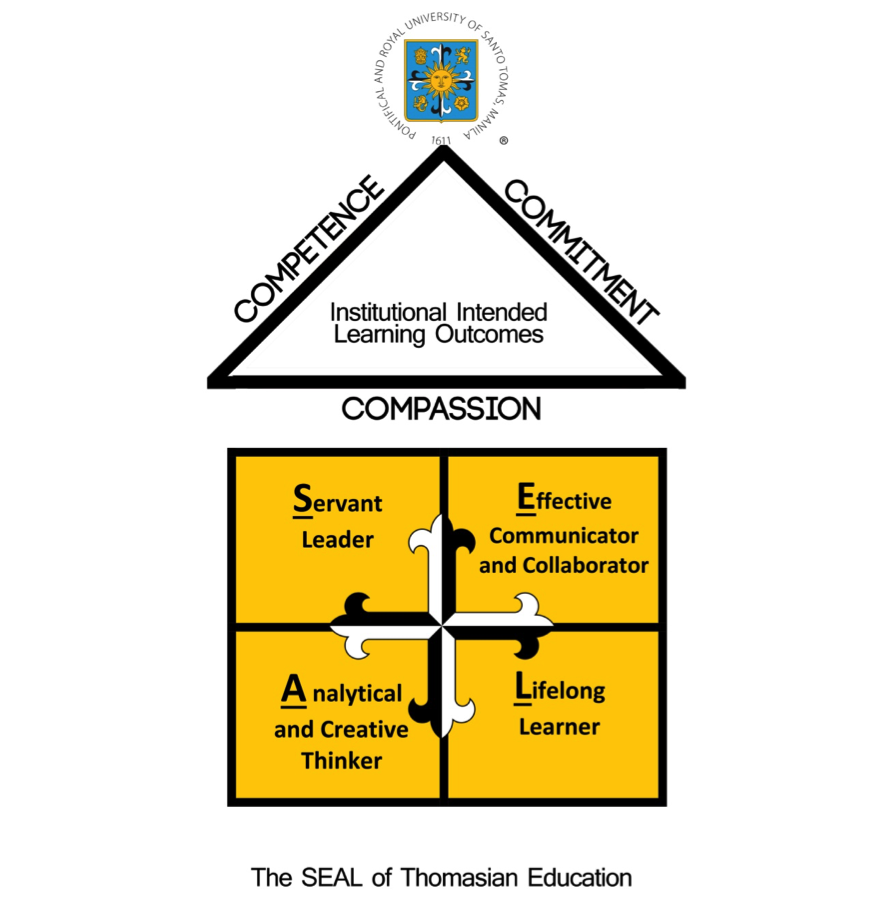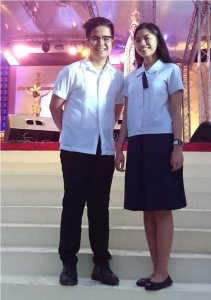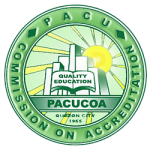The students shall join or form only student organizations whose objectives uphold the vision and mission of the University. Students shall join only organizations duly recognized by the University.The students shall join or form only student organizations whose objectives uphold the vision and mission of the University. Students shall join only organizations duly recognized by the University.
University-wide Fraternities/Sororities are prohibited from recruiting high school students and first-year students in the undergraduate programs. Fraternities and sororities of the Faculty of Civil Law and the Faculty of Medicine and Surgery are prohibited from recruiting members from students in the undergraduate program(s).
Duly recognized organizations may recruit members only during the period as prescribed by the OSA for the university wide or the Dean’s office of the College/Faculty/Institute for college-based organization. Duly recognized organizations may recruit members only during the period as prescribed by the OSA for the university wide or the Dean’s office of the College/Faculty/Institute for college-based organization.
Parents/guardians shall be informed by the organization through its adviser about participation of his/her child/ward in fraternities/sororities.
Every student organization must submit the required application paper for recognition (Refer to the Student Organization Handbook) and financial statements prepared by the organization’s treasure and auditor certified by the faculty adviser of the organization, endorsed by the Dean/Director, and Regent.
Only duly recognized student organizations may organize and/or engage in any approved group activity. The organization should follow the University’s policies on Approval of Student Activities.
Students shall not use the name “University of Santo Tomas,” its seal and official logo, in any activity (i.e. fair, seminar, field trip, tour, contract, announcement, etc.) or on any manufactured item, unless duly authorized by the Office of the Secretary-General. Students shall not use the name “University of Santo Tomas,” its seal and official logo, in any activity (i.e. fair, seminar, field trip, tour, contract, announcement, etc.) or on any manufactured item, unless duly authorized by the Office of the Secretary-General.
Organizations are prohibited from engaging in hazing (any physical or psychological suffering, harm or injury) inflicted on a recruit, member, neophyte or applicant for admission or continuing membership into the fraternity, sorority or organization.
Only duly recognized student organizations may post announcements at designated bulletin boards within the premises of their respective faculties/colleges/institutes/schools subject to the approval of the Dean and Regent. However, the approval of the Office of the Secretary-General (OSG) should be obtained for posters, streamers, signboards that will be displayed or put up only at designated bulletin boards within the University premises.
Only duly recognized student organizations may use the faculties of the University but only upon prior approval of the OSA, Office of the Dean/Director, Facilities Management Office (FMO) as the case may be.Only duly recognized student organizations may use the faculties of the University but only upon prior approval of the OSA, Office of the Dean/Director, Facilities Management Office (FMO) as the case may be.
An organization shall not be allowed to operate nor join any activity, including freshmen orientation, after the expiration of its recognition.
Organization(s)/officer(s)/member(s) with on-going administrative case(s) or with penalties of suspension to expulsion shall not be allowed to take part in any organization related activity.





 For Females:
For Females:

